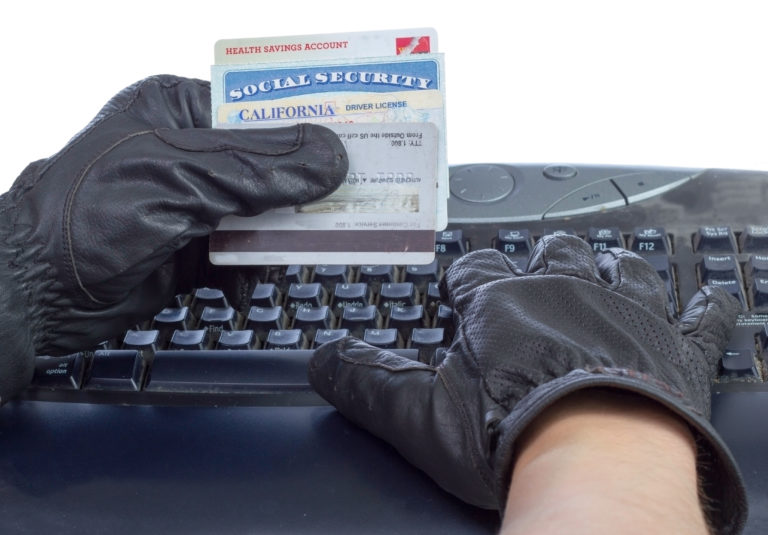Are You Guilty of Insider Trading?
If you own stocks and are engaged in buying them and selling them then there are laws which govern your involvement in the market. One of those laws is that the playing field must be even. If you have information about a company or stock that is not available to the public and you act on that information, then you could be guilty of insider trading.
This is true whether you are an employee of the company in question or whether you are merely someone who has been “tipped off” by someone in a position to have important information about the potential for stock prices to rise or fall.
Is it okay to buy stocks in my own company?
Yes, it is legal to buy shares of stock for a company you work for or are involved with. The difference is that the buy or sale of the stock would be something that would be routine and not in response to any particular event that might be coming up in the near future.
If you know your company is about to face a major lawsuit that will create a huge public relations problem and sell your stocks before the story hits the news, then you could be accused of illegal insider trading.
How do prosecutors prove insider trading?
To prove insider trading, prosecutors must prove:
- That the defendant actually received information about the stock in question.
- The information was “material.”
- The information was not available to the public.
- The information had a direct influence on the trade in question.
They might bring in emails, phone logs, text messages, internal memos, or other documents to help prove their case.
What are the defenses against insider trading?
Effective defenses include:
- Demonstrating that the defendant did not really have access to the information in question.
- Demonstrating that the information was freely available to the public at the time of the trade.
- Demonstrating that the person who made the trade did not realize that the public was not available to the public.
- Demonstrating that the information wouldn’t have impacted stock prices one way or another (it was not material).
- The defendant obtained the information in bits and pieces and drew a conclusion on their own.
- Demonstrating that there was some other reason to make the trade, such as being bound by a contract that required the trade be made, making the trade as a result of a court order as in a divorce proceeding, or that the trade was automated or routine and otherwise unmotivated by any information that the defendant received.
Penalties for Insider Trading
A person who is charged with insider trading is in a great deal of trouble. The defendant can go to jail for up to 20 years and be fined up to $5,000,000. The corporation whose stocks were traded on the basis of the information my also be fined up to $25,000,000.
If you have been charged with this crime or think you might have cause to be charged with this crime it is vital for you to secure first rate federal criminal legal defense representation immediately. Call to make an appointment with Koch Law today.
See also:
Can You Hire a Federal Criminal Attorney Before Charges Are Filed?
Advice for Spouses of White Collar Crime Defendants
4 Mistakes to Avoid If You’re Under Investigation for White Collar Crime





